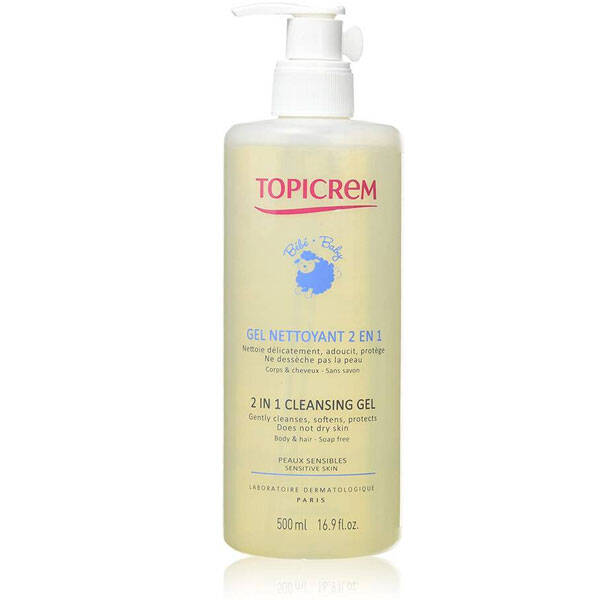
- Topicrem
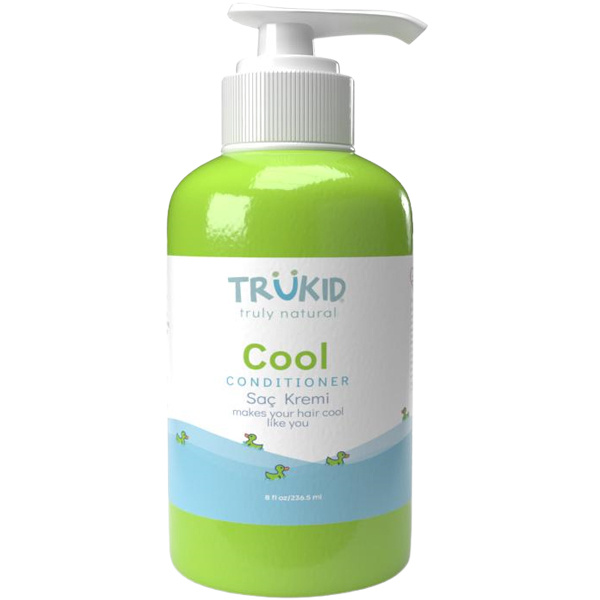
- Trukid
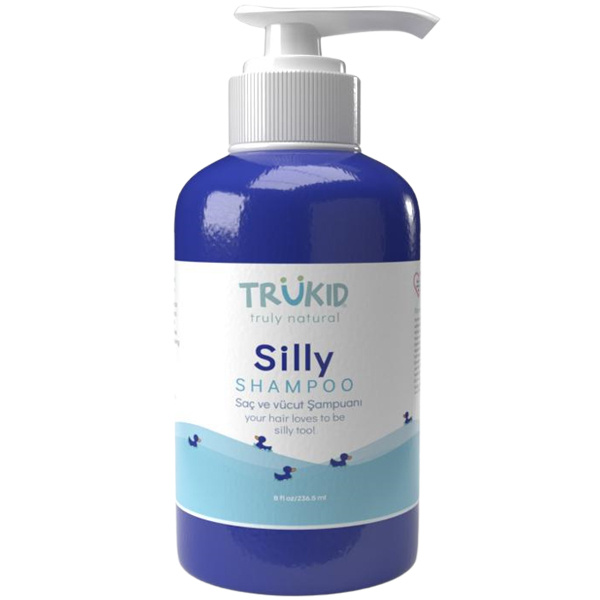
- Trukid
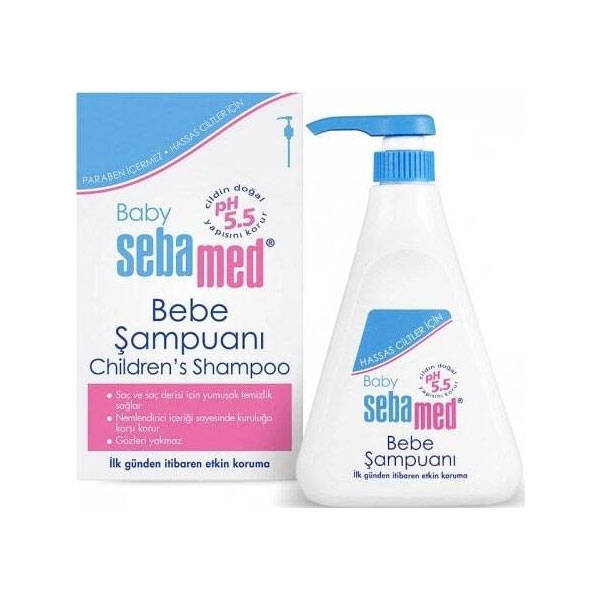
- Sebamed
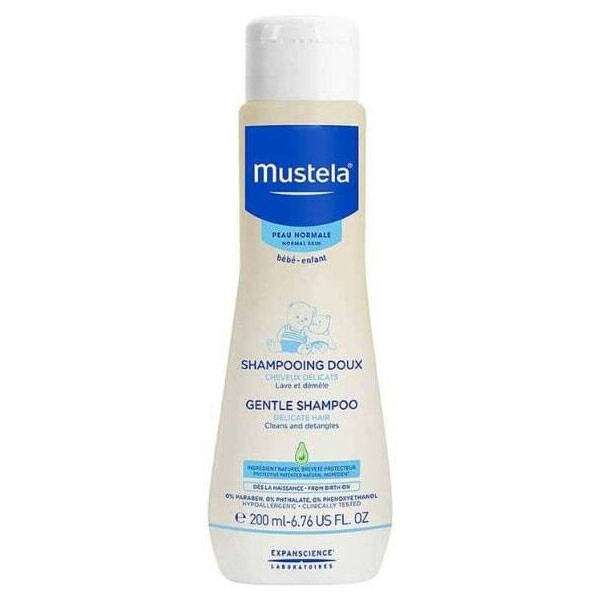
- Mustela
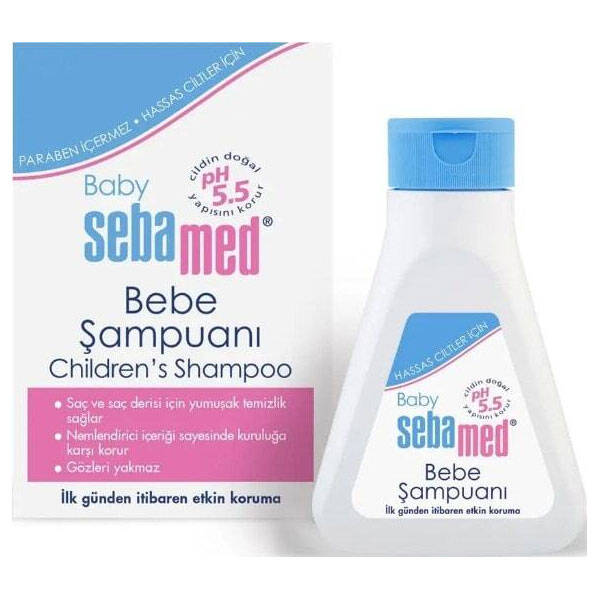
- Sebamed
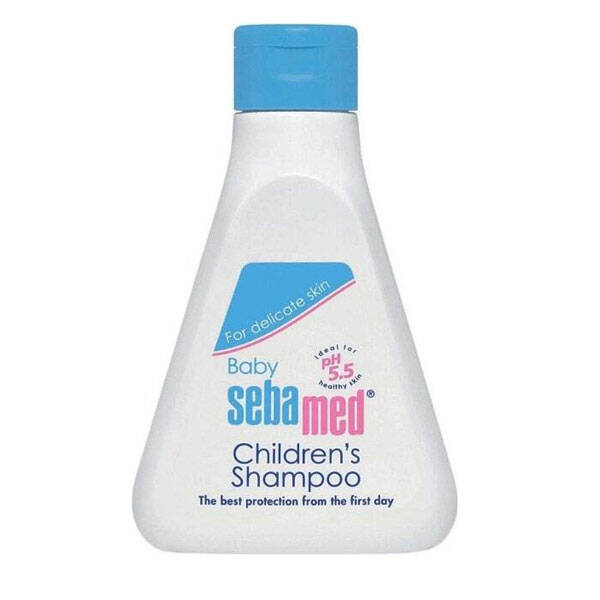
- Sebamed
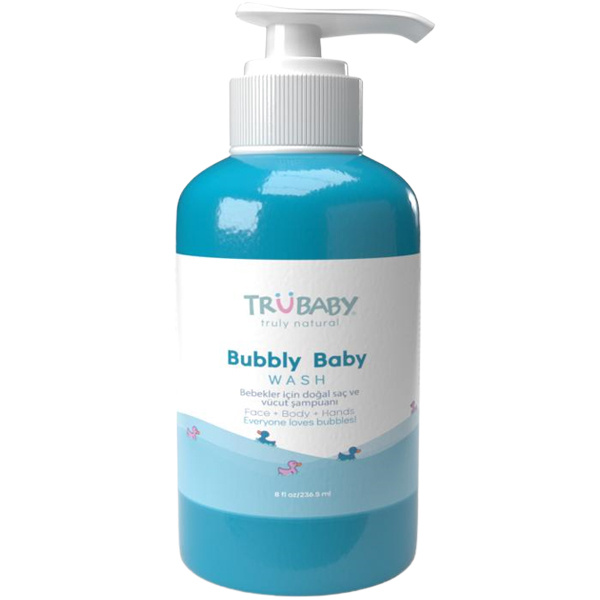
- Trukid
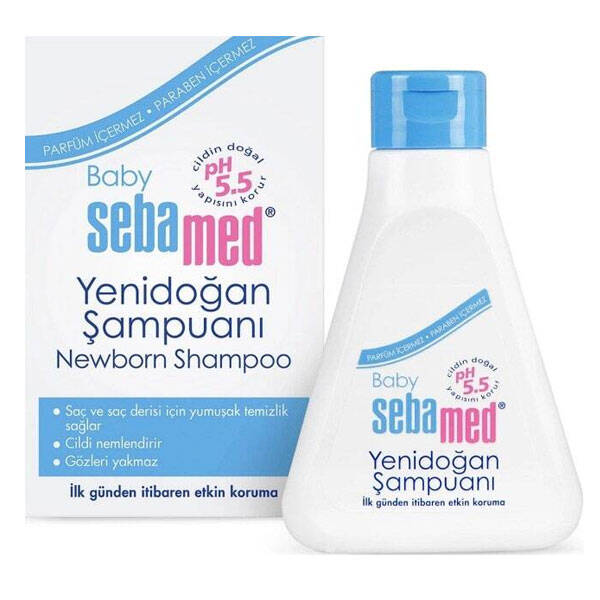
- Sebamed
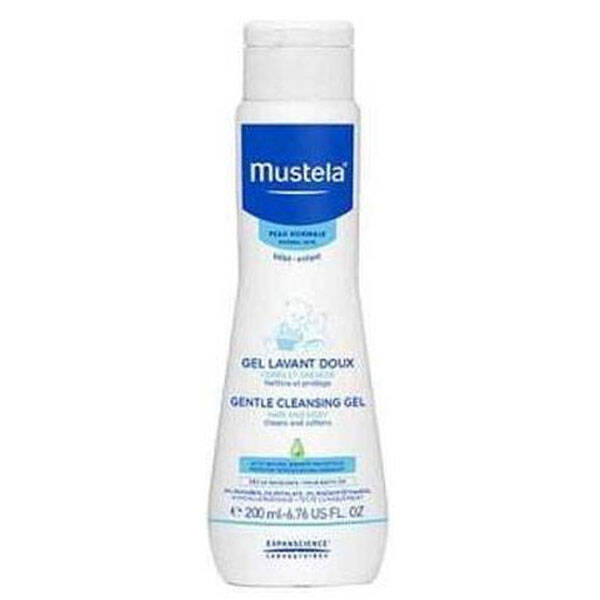
- Mustela
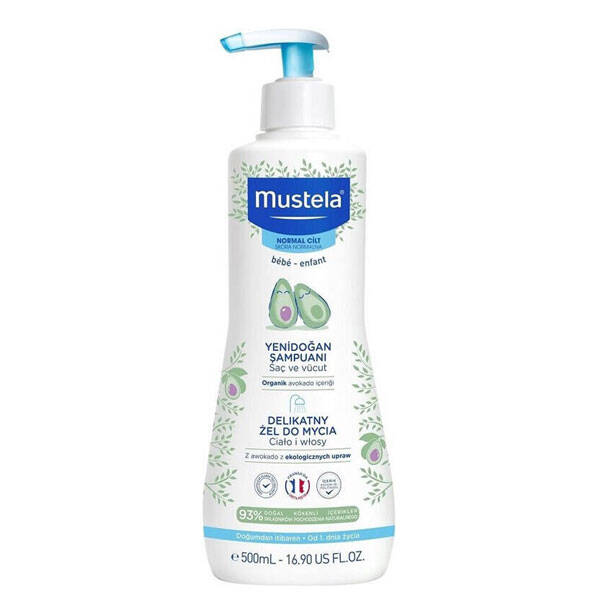
- Mustela
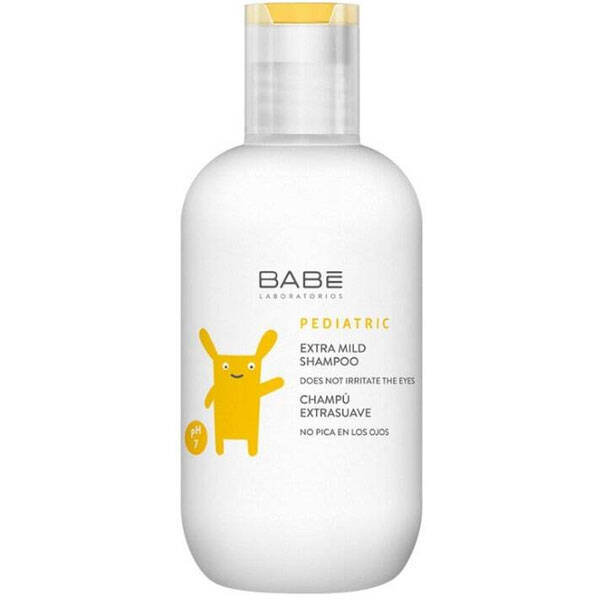
- Babe
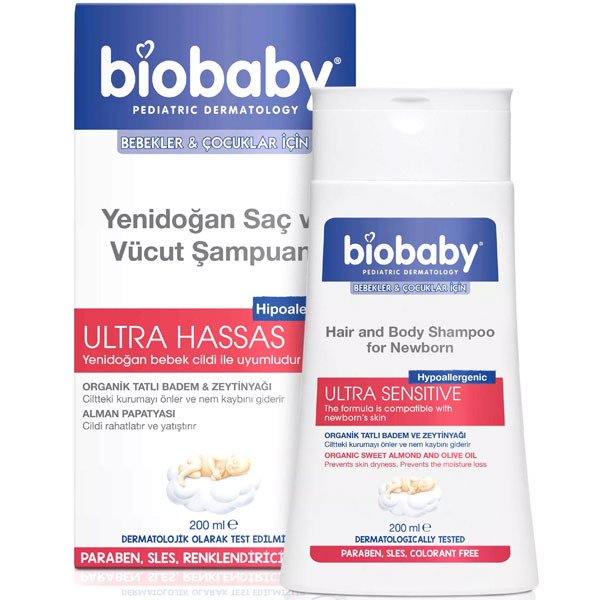
- Biobaby

- Yeşilmarka
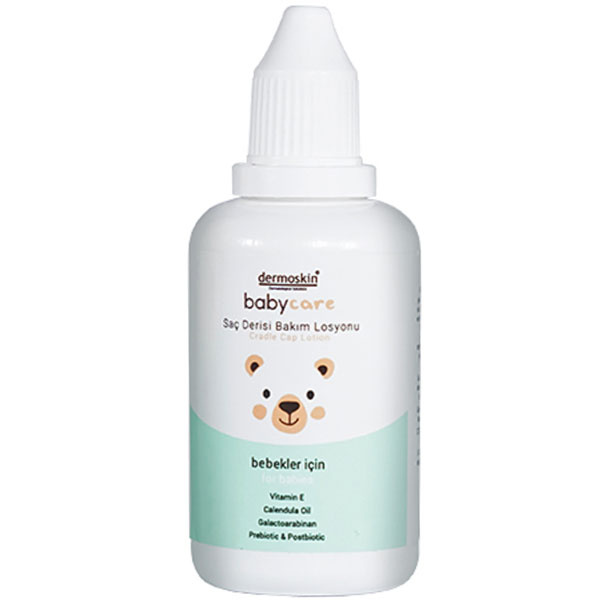
- Dermoskin
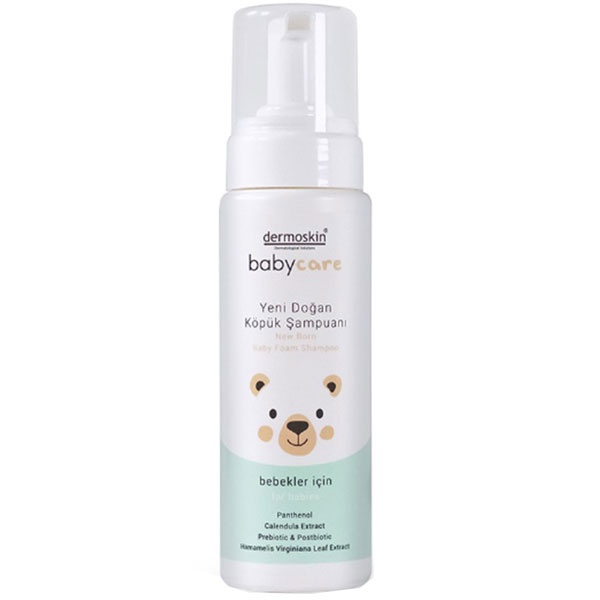
- Dermoskin
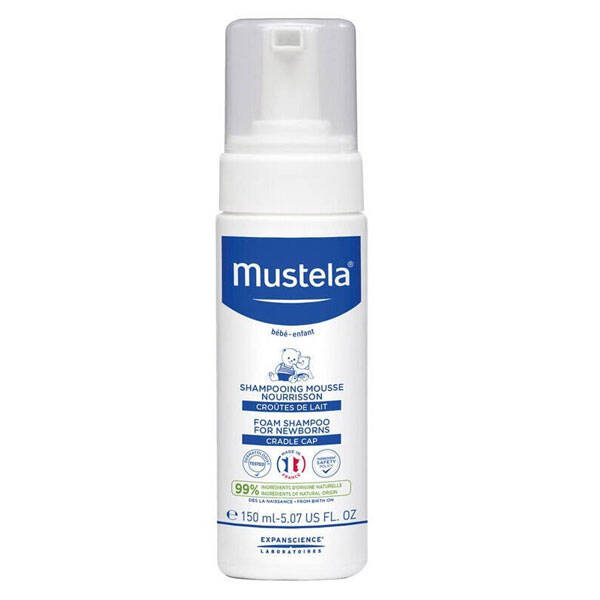
- Mustela
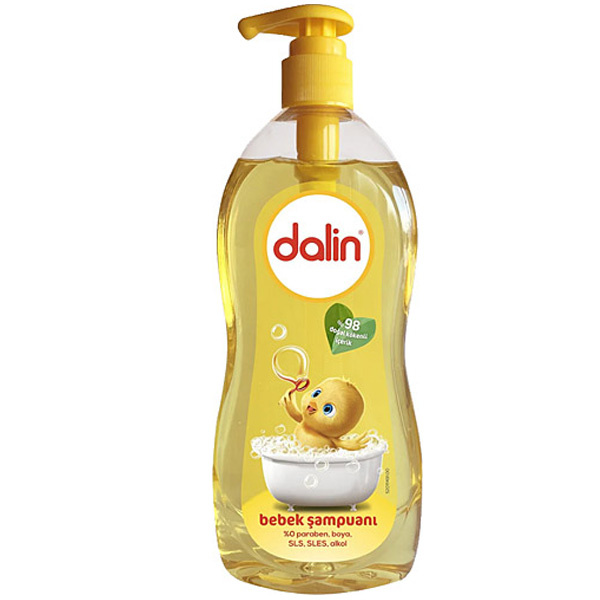
- Dalin
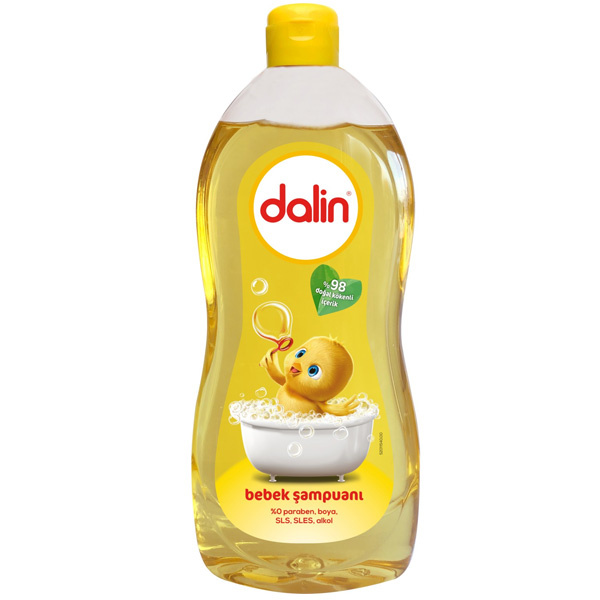
- Dalin
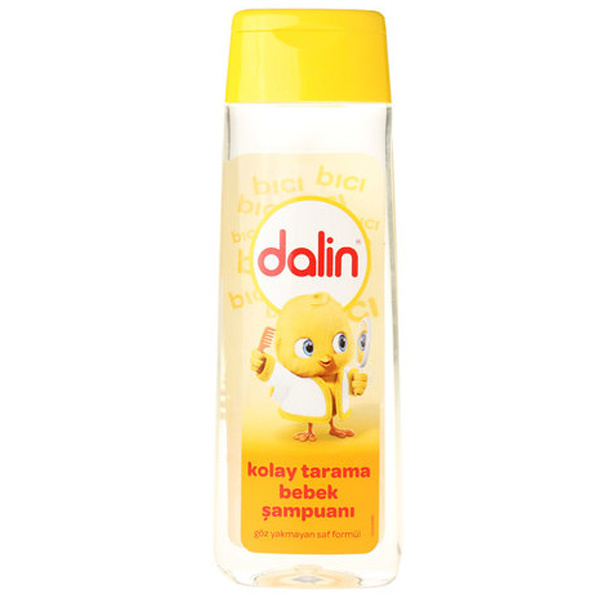
- Dalin
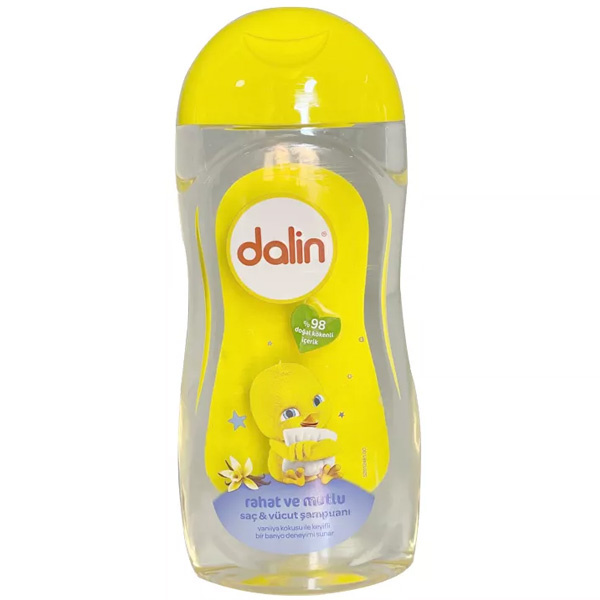
- Dalin

- Jack N Jill
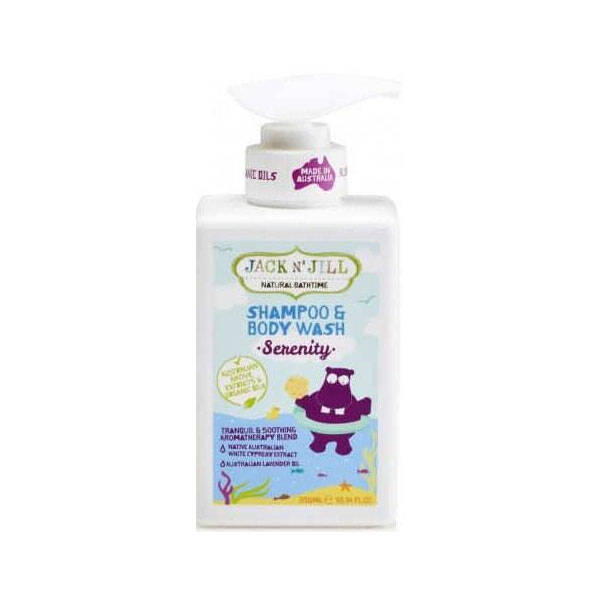
- Jack N Jill
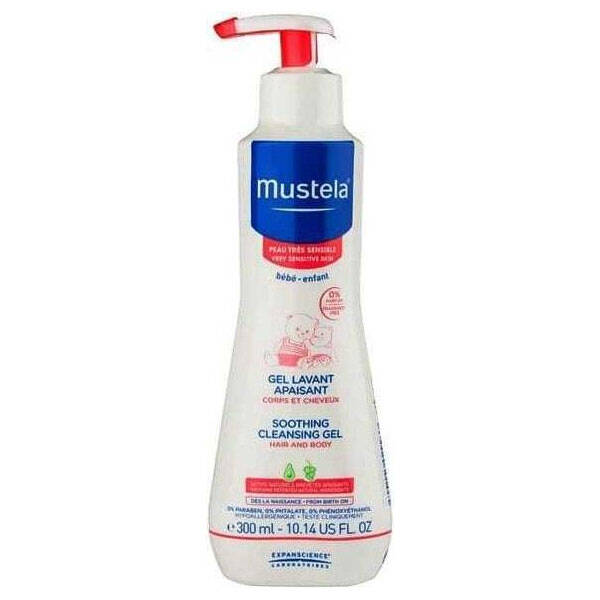
- Mustela
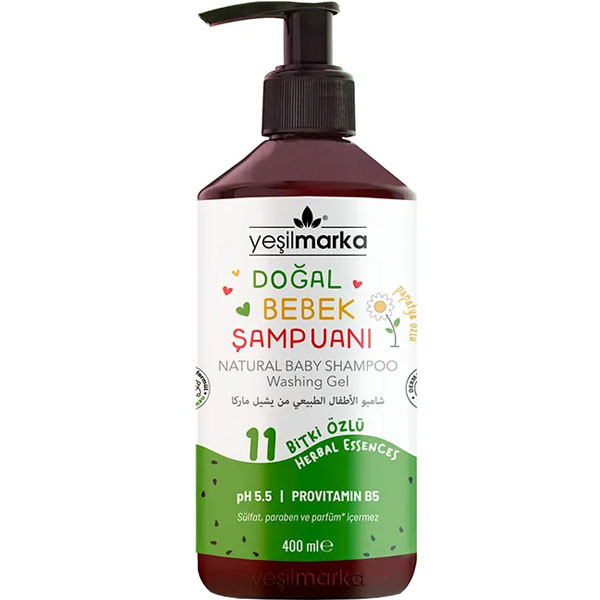
- Yeşilmarka
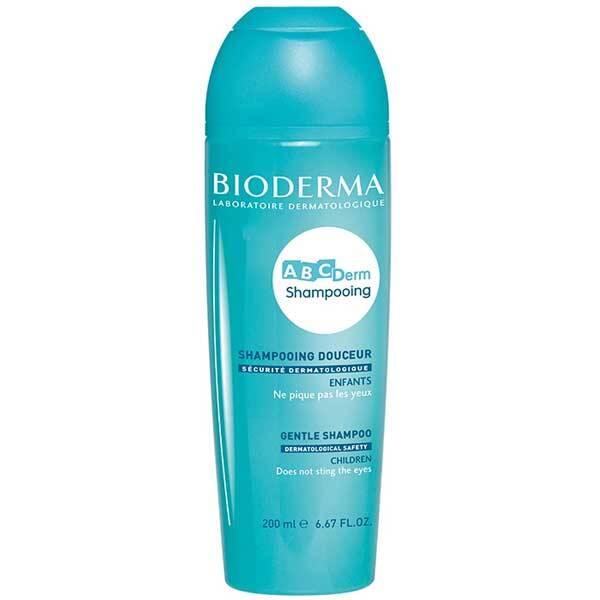
- Bioderma
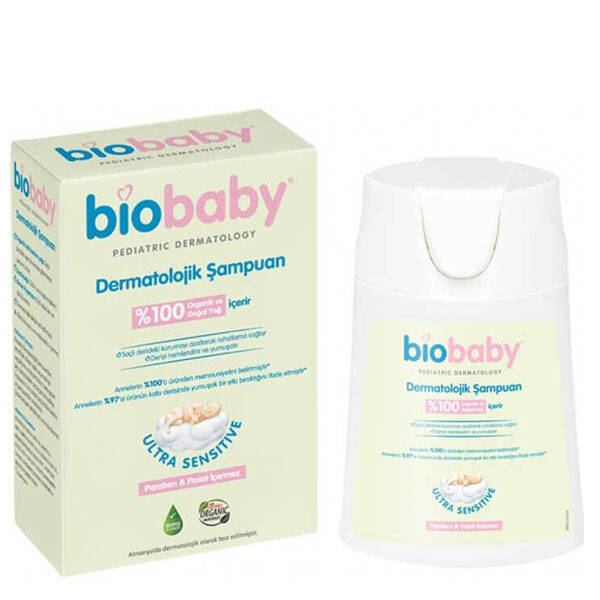
- Biobaby
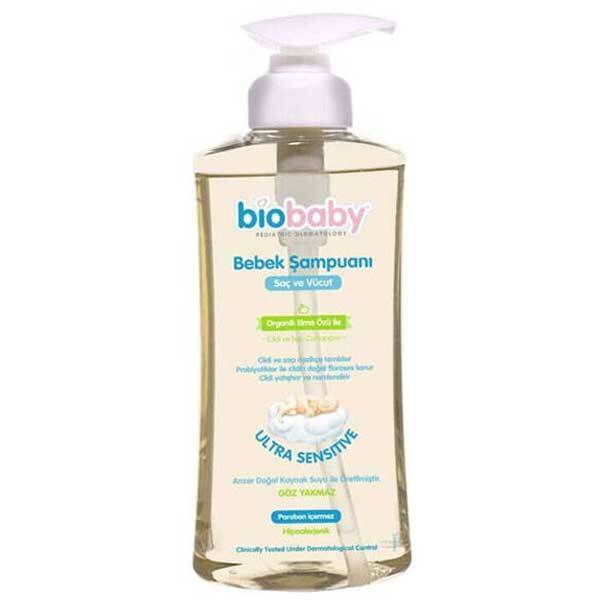
- Biobaby
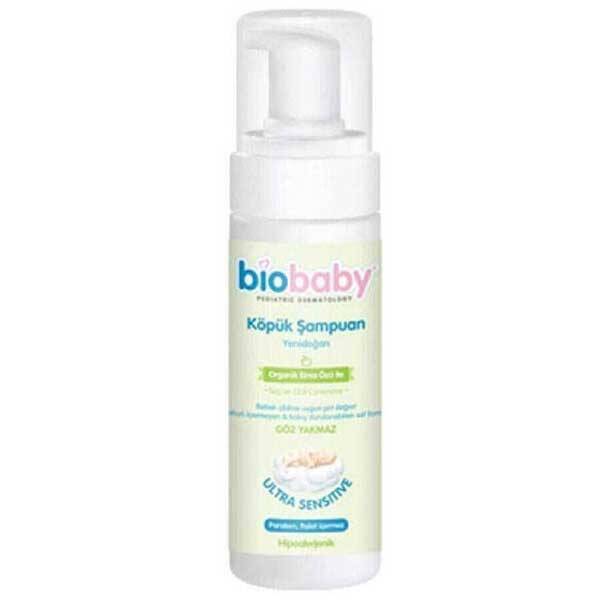
- Biobaby
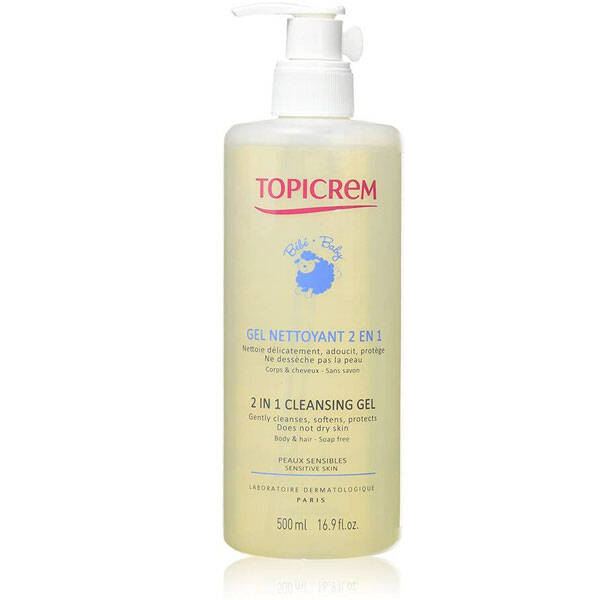
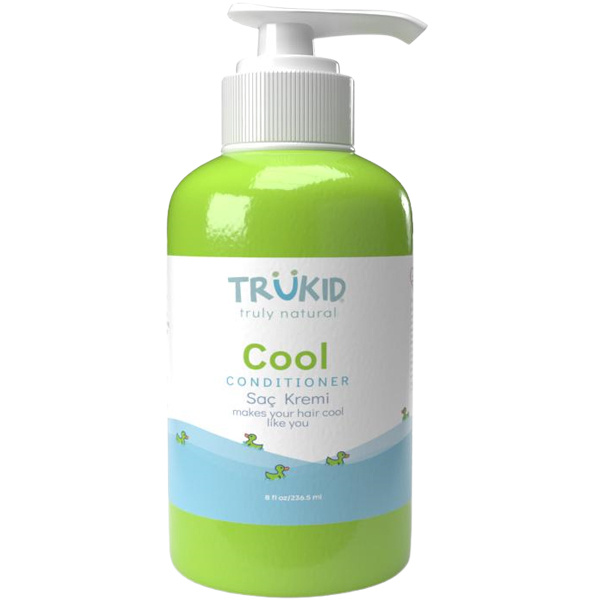
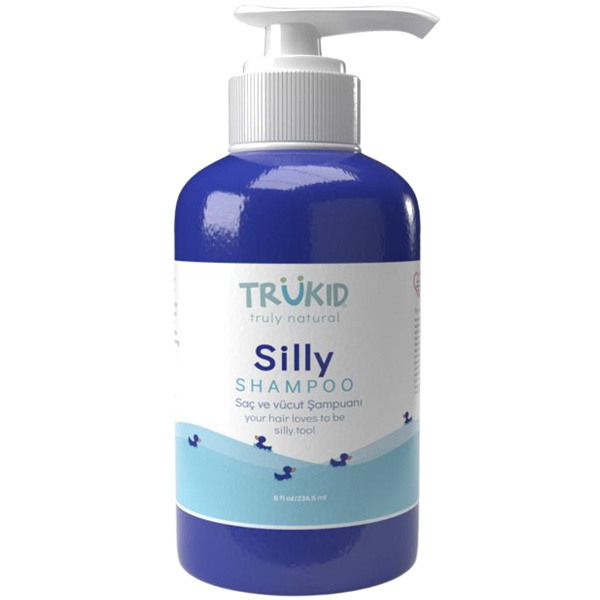
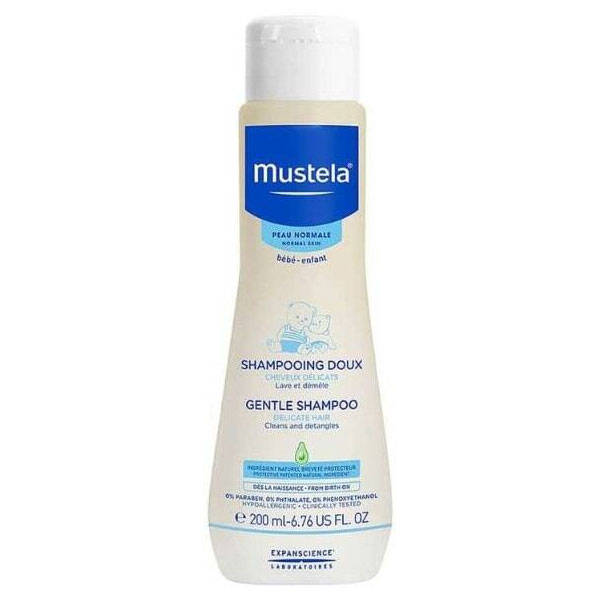
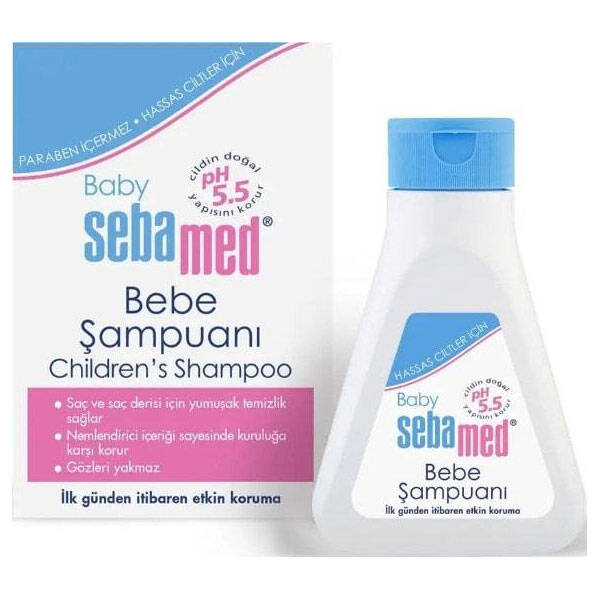
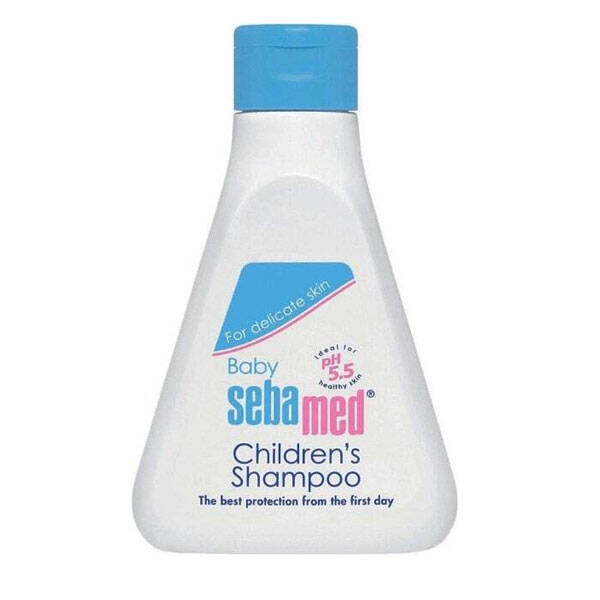
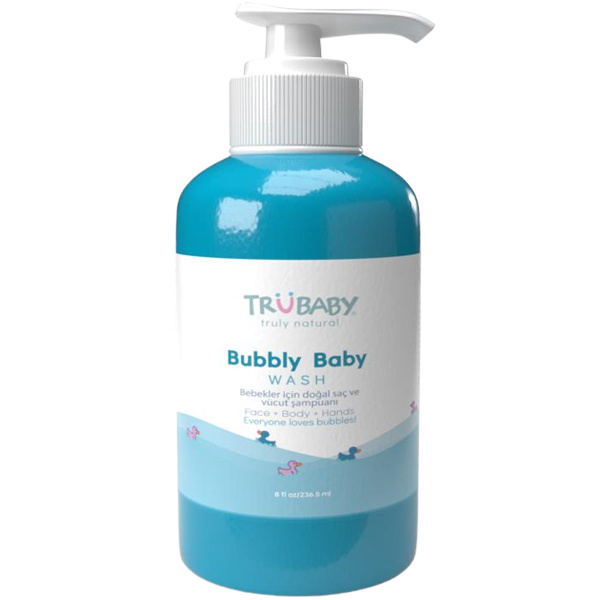
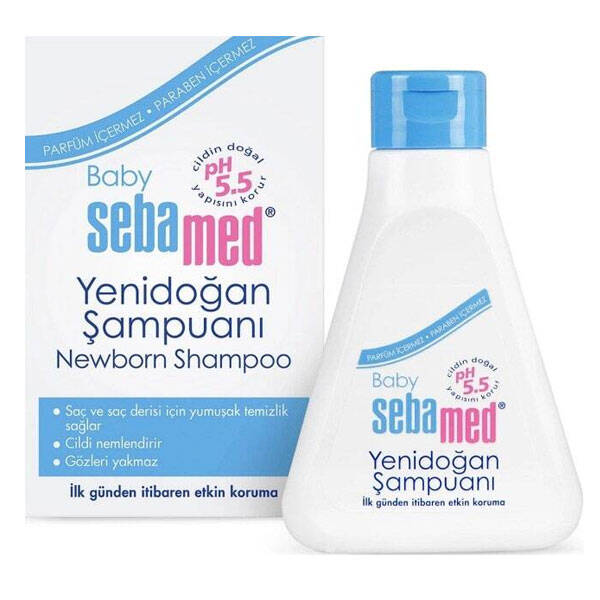
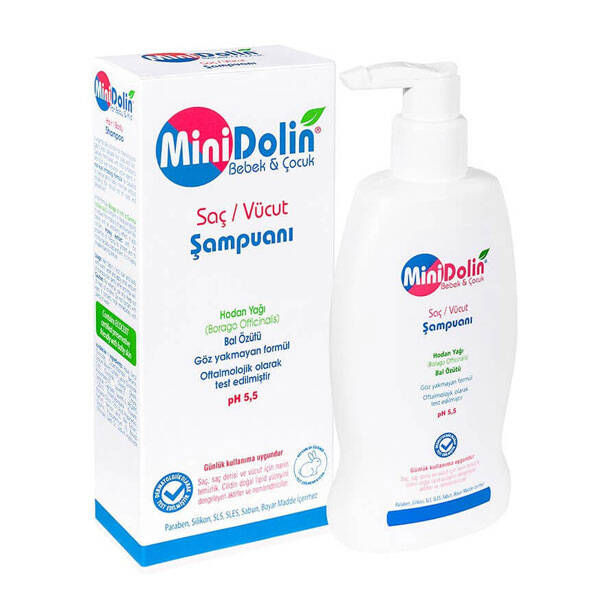
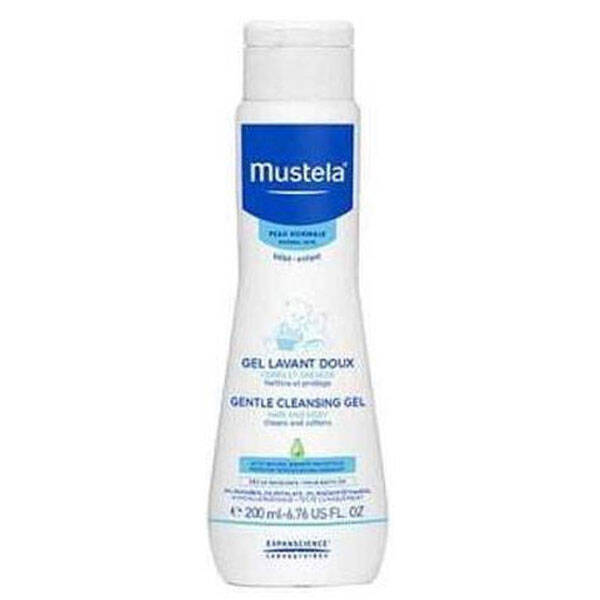
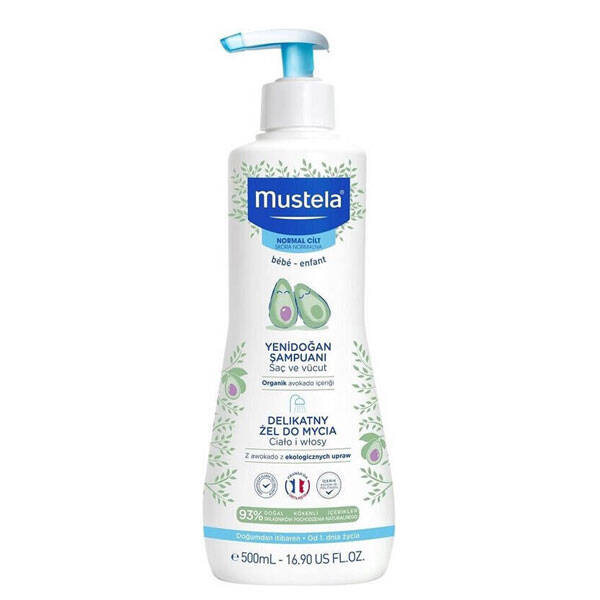
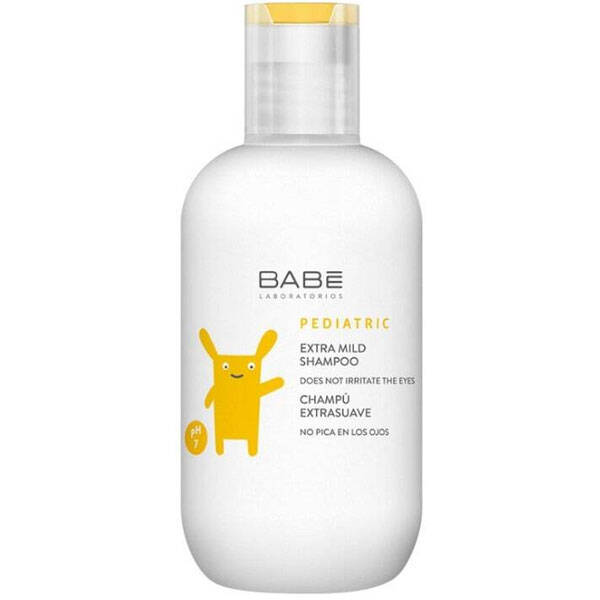
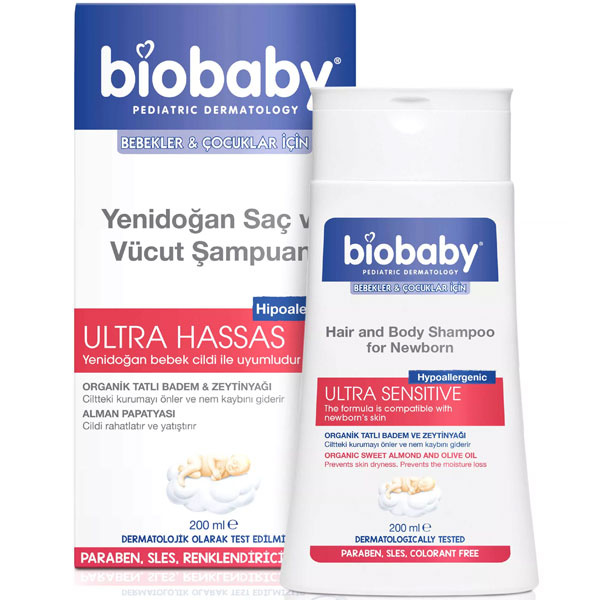
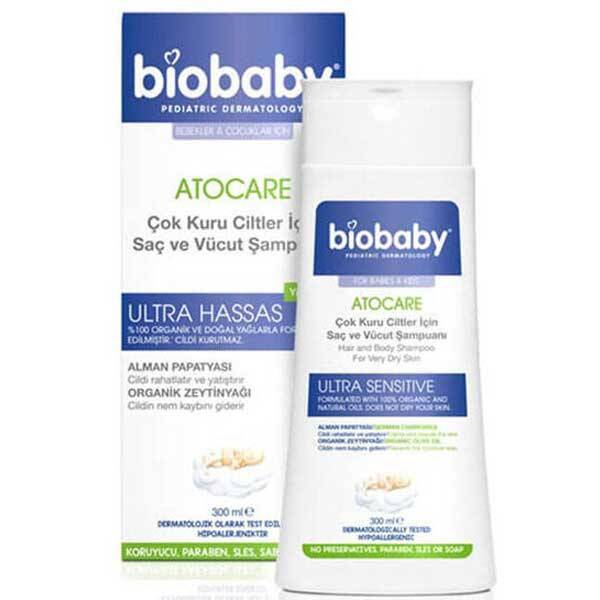
- Biobaby
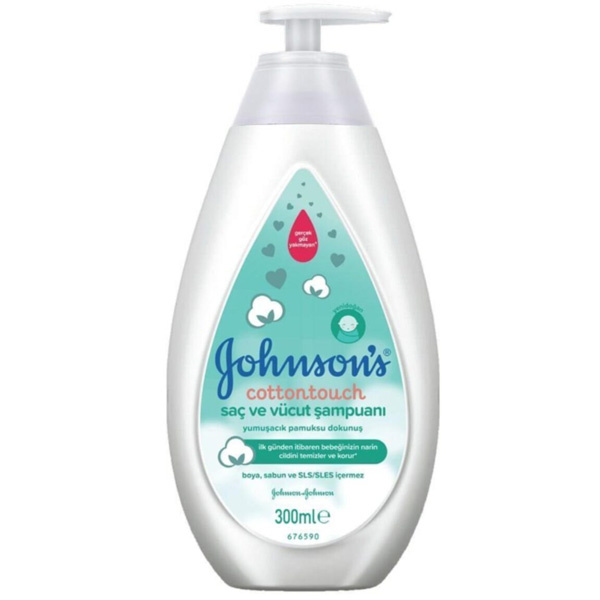
- Johnsons
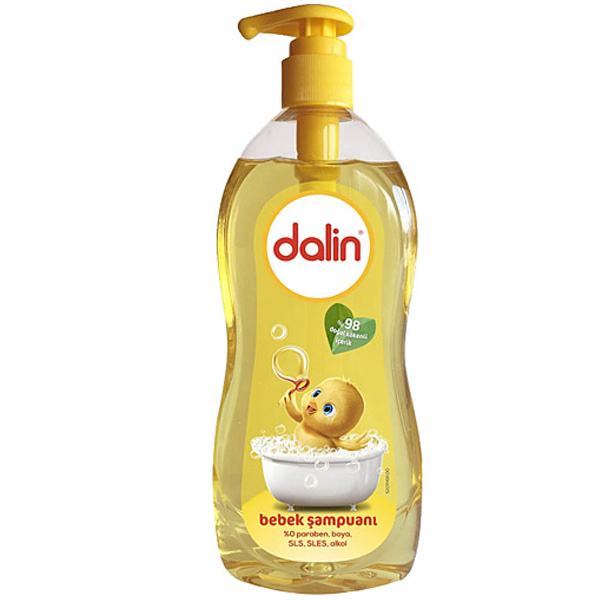
- Dalin
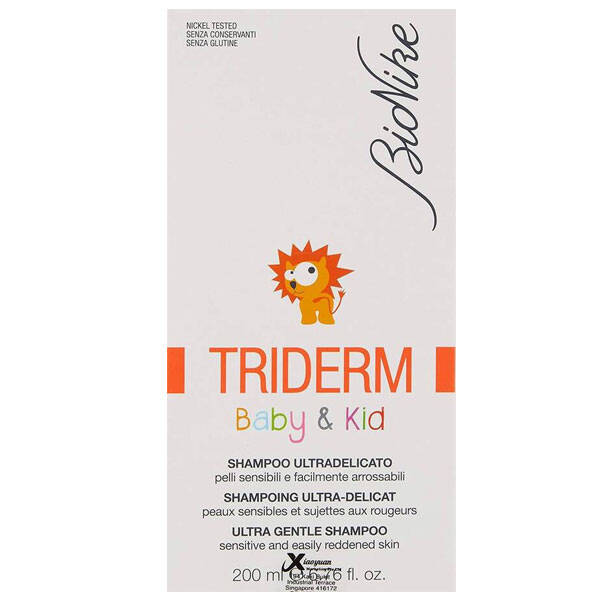
- Bionike
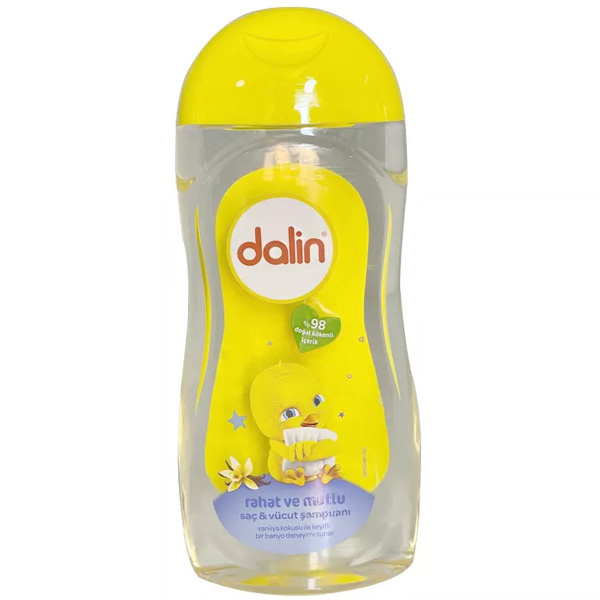
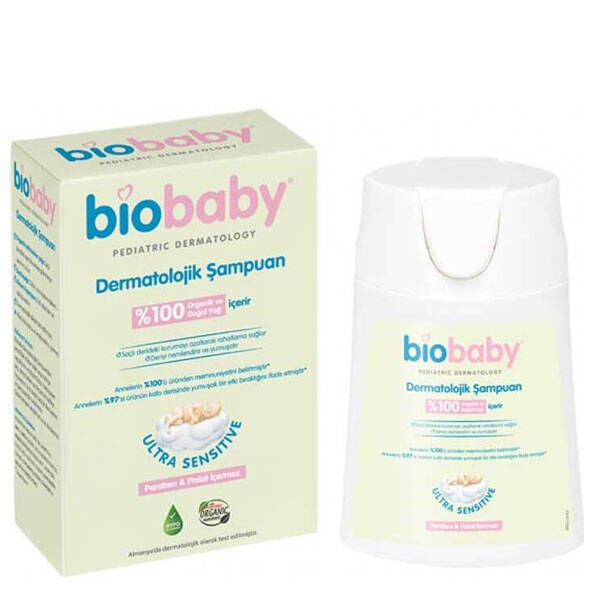
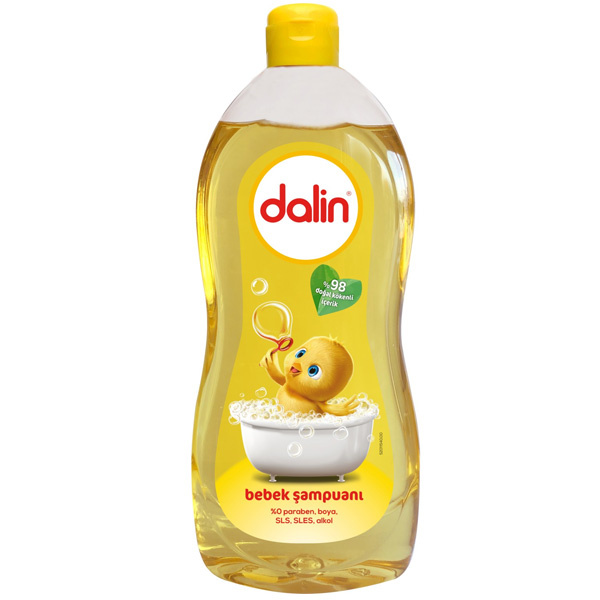
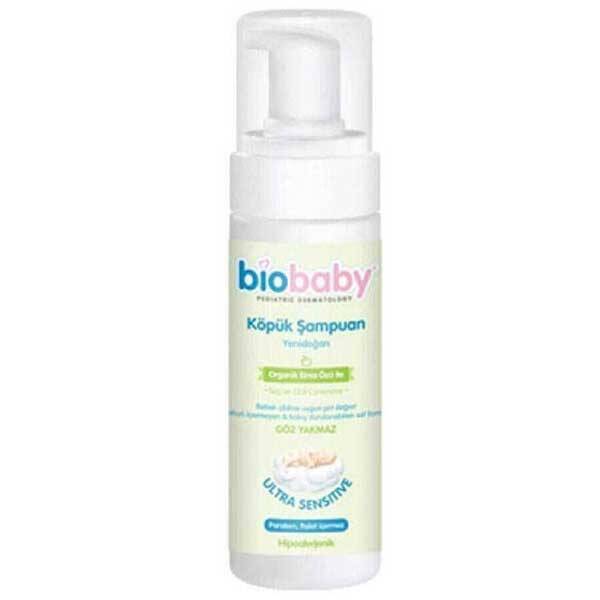

About Us
Consulting about Baby and Child Hair Care
We have extensive experience in sales, direct export deliveries. We have been supplying Turkey and shipping to Georgia, Russia, Russia and Europe for over 10 years.
- Supply planning for 3, 6, 12 months
- Finding warehouses with the right volumes for optimal logistics
- Organising export deliveries to Asia, Africa, Europe and Russia
Baby and Child Hair Care Wholesale: A Comprehensive Guide for Parents and Retailers
Taking care of a baby's delicate hair can be a challenge for many parents. From cradle cap to tangles, there's a lot to consider when it comes to keeping your little one's locks healthy and soft. As a result, finding the right hair care products is crucial. However, for retailers, the task of stocking up on quality baby and child hair care products can also be overwhelming, given the numerous options available in the market.
In this article, we'll provide a comprehensive guide on baby and child hair care wholesale, covering everything from the basics of hair care to the best products available in the market. Our aim is to help both parents and retailers make informed decisions when it comes to taking care of a child's hair.
Understanding the Basics of Baby Hair Care
When it comes to baby hair care, the first and most important step is to understand the basics. Babies are born with soft, fine hair that's delicate and prone to tangles. As they grow, their hair becomes thicker, but it's still essential to be gentle when brushing and washing it.
Here are some basic tips to keep in mind when it comes to baby hair care:
- Use a gentle, tear-free shampoo to wash your baby's hair.
- Brush your baby's hair with a soft-bristled brush to avoid tangles.
- Avoid using styling products like gel or mousse, as these can be harsh on your baby's delicate hair.
- Trim your baby's hair regularly to avoid split ends and keep it healthy.
Best Hair Care Products for Babies and Children
When it comes to choosing the best hair care products for your baby or child, it's essential to consider the ingredients. Here are some of the best products available in the market:
- Johnson's Baby Shampoo: This is a classic and a must-have for every baby's bathroom. It's gentle and tear-free, making it a great option for washing your baby's hair.
- Baby Dove Rich Moisture Shampoo: This shampoo is specially formulated for babies with sensitive skin. It's free from sulfates and parabens, making it a great option for parents who want to avoid harsh chemicals.
- Honest Company Conditioning Detangler: This detangler is perfect for kids with curly or wavy hair. It's gentle, nourishing, and helps to reduce tangles, making it a great option for parents who want to keep their child's hair healthy and soft.
- Shea Moisture Kids Curling Butter Cream: This cream is perfect for kids with curly hair. It's rich in nourishing ingredients like shea butter, coconut oil, and jojoba oil, making it a great option for parents who want to keep their child's curls defined and frizz-free.
Wholesale Hair Care Options for Retailers
For retailers, stocking up on quality hair care products can be a challenge, especially when it comes to baby and child hair care. Here are some wholesale options available in the market:
- Johnson's Baby: This brand offers a wide range of baby and child hair care products, including shampoos, conditioners, and detanglers. They offer wholesale options for retailers, making it a great option for those looking to stock up on quality products.
- Baby Dove: This brand offers a range of baby care products, including shampoos and conditioners. They offer wholesale options for retailers, making it a great option for those looking to stock up on quality products for babies with sensitive skin.
- Honest Company:
FAQs About Baby and Child Hair Care
Here are some frequently asked questions about baby and child hair care that every parent and retailer should know:
1. How often should I wash my baby's hair?
It's recommended to wash your baby's hair once or twice a week, as over-washing can strip their scalp of natural oils and cause dryness. However, if your baby has cradle cap or any other scalp condition, you may need to wash their hair more often.
2. What should I do if my baby has cradle cap?
Cradle cap is a common condition that affects many infants, characterized by flaky, dry skin on the scalp. To treat cradle cap, you can gently massage your baby's scalp with a soft brush or comb and use a mild shampoo. You can also apply a gentle oil like coconut oil to help soften the flakes and promote healing.
3. Can I use adult hair care products on my child's hair?
No, it's not recommended to use adult hair care products on your child's hair, as they may contain harsh chemicals and can be too strong for their delicate hair and scalp. Instead, opt for products specifically formulated for babies and children.
4. What should I do if my child has lice?
If your child has lice, it's important to treat the infestation as soon as possible to prevent it from spreading. You can use a lice comb to remove the nits and eggs, and use a medicated shampoo to kill the lice. It's also important to wash all bedding and clothing in hot water to kill any remaining lice.
5. Can I use natural remedies for my child's hair care?
Yes, there are many natural remedies that can be effective for baby and child hair care. For example, coconut oil can be used as a gentle, nourishing conditioner, and aloe vera can be used to soothe an irritated scalp. However, it's important to do your research and make sure that the natural remedy you're using is safe and effective for your child's hair and skin.
Trusted Sources for Baby and Child Hair Care Information
When it comes to caring for your baby or child's hair, it's important to get accurate and reliable information. Here are some trusted sources for information on baby and child hair care:
-
American Academy of Pediatrics: The AAP is a reputable source for information on child health and development, including tips for caring for your child's hair.
-
National Institute of Child Health and Human Development: The NICHD provides information on child development and parenting, including tips for hair care.
-
HealthyChildren.org: This website, maintained by the AAP, provides information on a variety of child health topics, including hair care.
-
Parents.com: Parents.com is a trusted resource for parents, offering tips and advice on everything from pregnancy to child development, including tips for baby and child hair care.
-
Pediatric Dermatology Research Alliance: The PDRA is a nonprofit organization that supports research and education in the field of pediatric dermatology, including hair care.
By referring to these sources, you can ensure that you are using safe and effective practices for your child's hair care. Additionally, if you have any concerns or questions about your child's hair or scalp, it's always a good idea to consult with a healthcare provider or a pediatric dermatologist for personalized advice.
At Open-NearMe.com, our passionate community of contributors brings you firsthand insights into Singapore's top attractions. From iconic landmarks like Marina Bay Sands and Sentosa Island to lesser-known treasures like Haji Lane's artistic alleyways and East Coast Park's serene beaches, we've got you covered with detailed reviews, stunning photography, and insider tips.
